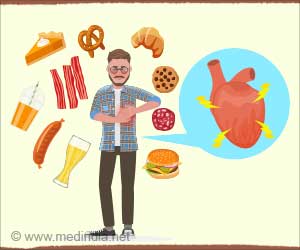Simple tips to avoid food poisoning this holiday season have been revealed. If you experience symptoms of food poisoning, drink plenty of fluids to prevent dehydration.

TOP INSIGHT
According to the Centers for Disease Control and Prevention (CDC), each year an estimated 48 million people, about one in six, contract a foodborne illness. Approximately 128,000 require hospitalization, and 3,000 cases are fatal.
“When preparing meals, remember to keep young children out of the kitchen and limit the spread of germs by washing your hands, kitchen surfaces, utensils and cutting boards frequently with hot soapy water,” said Loden.
PREPARE
Wash your hands after handling uncooked food and before touching or eating other foods. Do not wash eggs, meat or poultry as this can spread harmful bacteria. Keep meat, poultry, seafood and eggs separate from all other foods. Use the microwave, cold water or refrigerator to defrost your frozen meat or poultry.
COOK
STORE
If you experience symptoms of food poisoning, drink plenty of fluids to prevent dehydration. See your health care provider if you have symptoms that are severe, including:
High fever (temperature over 101.5 F, orally)
Blood in stools or vomit
Frequent vomiting that prevents keeping liquids down
Signs of dehydration such as marked decrease in urination, a very dry mouth/throat or feeling dizzy when standing up
Diarrhea that lasts more than three days
If you suspect you have food poisoning, call Tennessee Poison Center for treatment advice. The Poison Help toll-free number is 1-800-222-1222. All calls are free and confidential.
Source-Newswise
 MEDINDIA
MEDINDIA




 Email
Email










